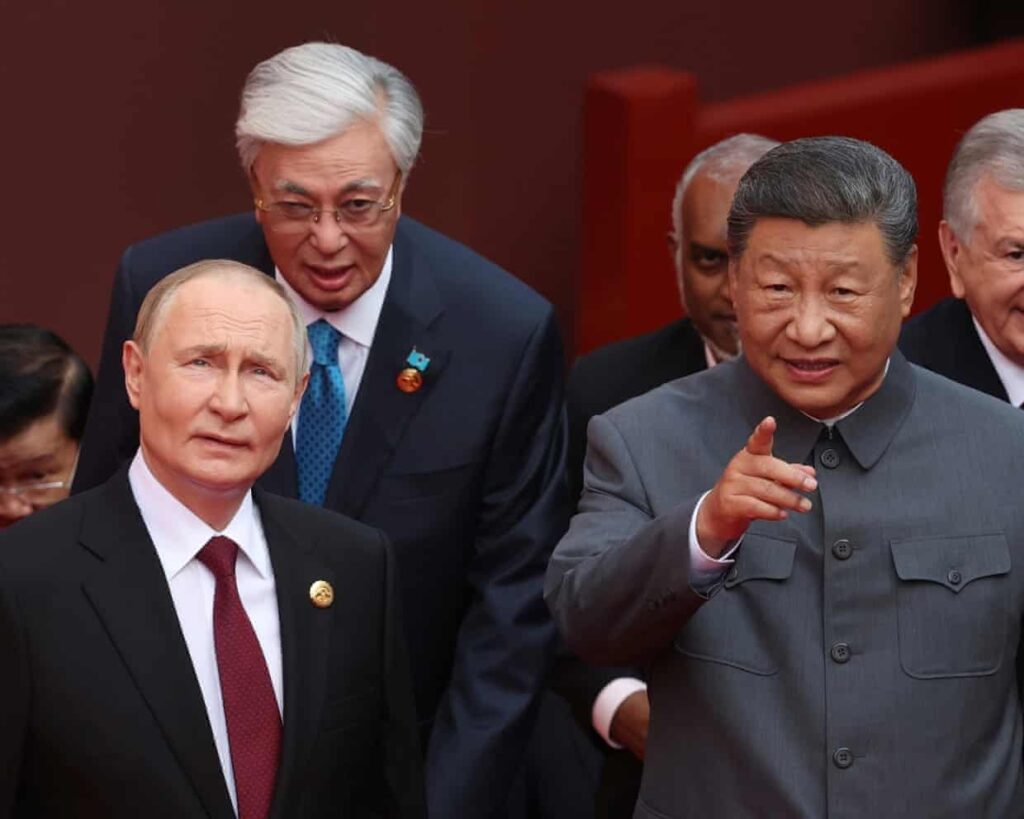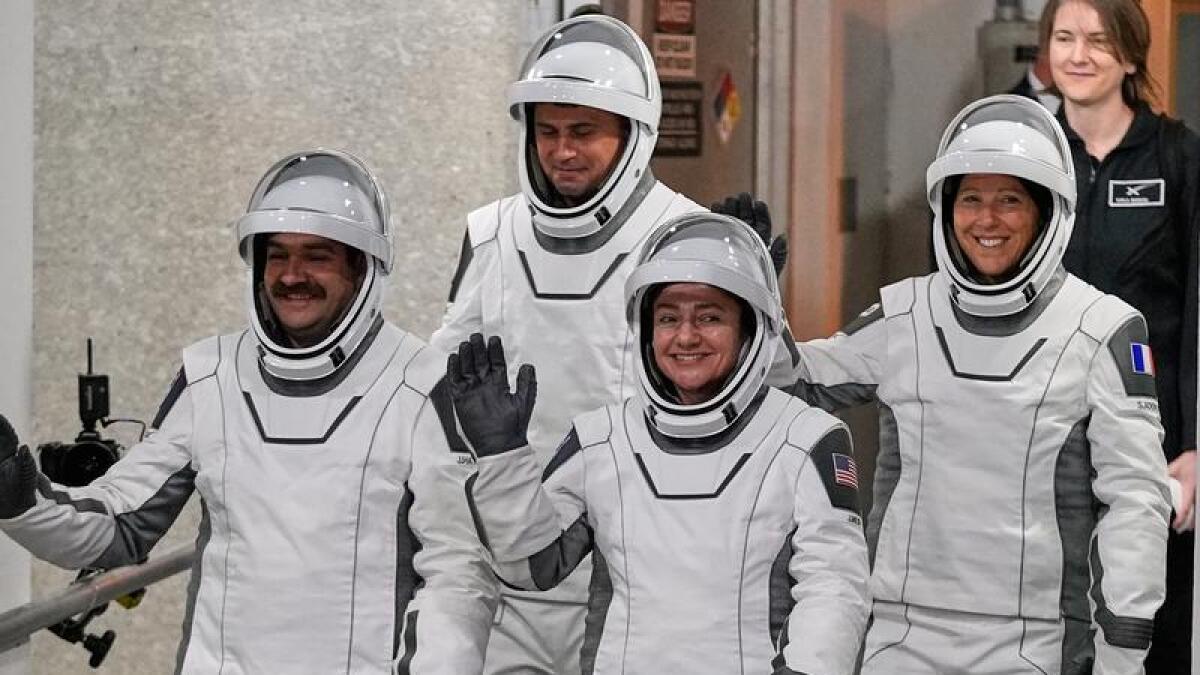
A recent discussion between Xi Jinping and Vladimir Putin about organ transplants and the quest for immortality has sparked a conversation about the implications of longevity research. This exchange, caught on a hot mic, raises urgent questions about who will benefit from advancements in life-extending technologies. The potential future envisioned by many, including authors, scientists, and tech moguls, is now closer than anticipated.
Since 2017, the exploration of longevity research has gained momentum, fueled by significant investments from figures like Peter Thiel, Jeff Bezos, and Bryan Johnson. The recently released Netflix documentary, “Don’t Die,” sheds light on Johnson’s efforts in this domain. The timeline initially imagined for such advancements, stretching to 2039, now seems overly cautious given the rapid developments in the field.
The allure of a longer life captivates many, including millennials who actively seek ways to enhance their well-being. Personal narratives, such as that of author Hanna Thomas Uose, illustrate the societal shifts that may arise from these technological advancements. In her speculative novel, “Who Wants to Live Forever,” Uose explores the lives of characters at a crossroads due to the introduction of a drug called Yareta, which promises to extend human lifespan by up to 200 years.
While the benefits of such technologies may seem appealing, the reality could be starkly different. Uose emphasizes the potential for a society where wealth and longevity are concentrated among the elite. Already, there are concerning trends observable in the UK, where the disparity in healthy life expectancy can reach up to 19 years between affluent and less affluent areas. The introduction of Yareta could exacerbate these disparities, creating a society where the rich can afford to live longer, while the less fortunate face significant barriers.
The implications extend beyond health and economics. As the wealthy cling to life, they may inadvertently restrict opportunities for younger generations. Uose’s novel presents a world where a new class of workers, referred to as “Helpers,” emerges to take on the more dangerous jobs abandoned by those extended by Yareta. These societal shifts threaten to disrupt traditional roles and relationships, as seen in scenarios where parents remain the same age as their children, challenging the natural order of life and death.
The conversation around longevity has also attracted critical voices. Elon Musk, for instance, has cautioned that eternal life could lead to a stagnation of ideas and creativity. His comments reflect a growing concern that a society populated by individuals who resist aging may inhibit innovation and progress.
While discussions about immortality may seem far-fetched, they prompt essential questions about the future of society. The potential for a world divided by access to life-extending technologies raises ethical issues that demand attention. As Uose notes, political leaders should prioritize regulating these advancements rather than indulging in them. The consequences of inaction could lead to a society where opportunities are limited, and the social fabric is irrevocably altered.
In light of these considerations, the words of poet Joseph Fasano resonate profoundly: “Ruler, the children will outlive you.” This sentiment encapsulates the hope that future generations will navigate the complexities of life and death in ways that promote equity and sustainability.
As the conversation around longevity and immortality continues to evolve, it is crucial to approach these advancements with caution and foresight. The choices made today will shape the realities of tomorrow, and the implications for society as a whole are profound.







